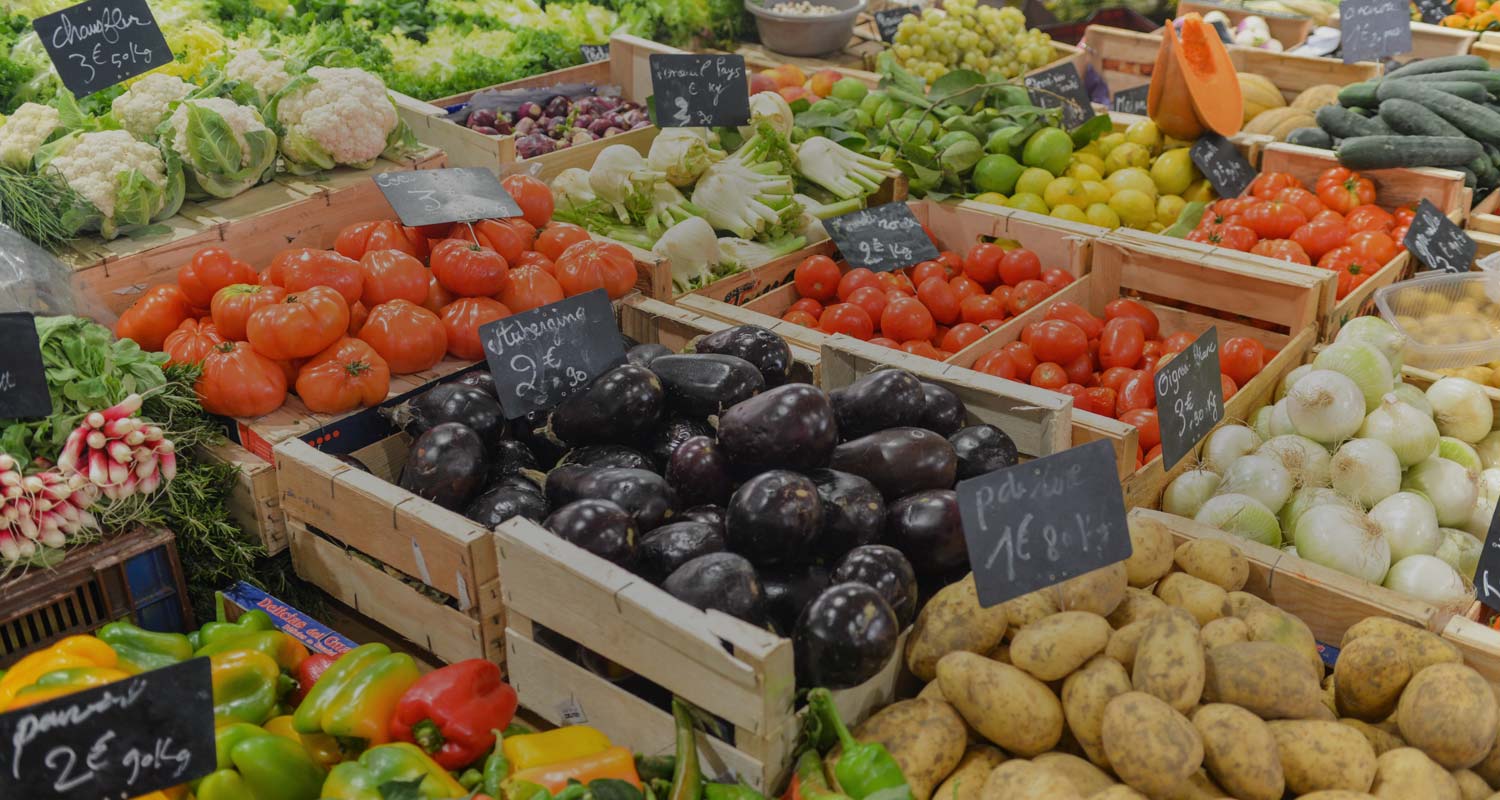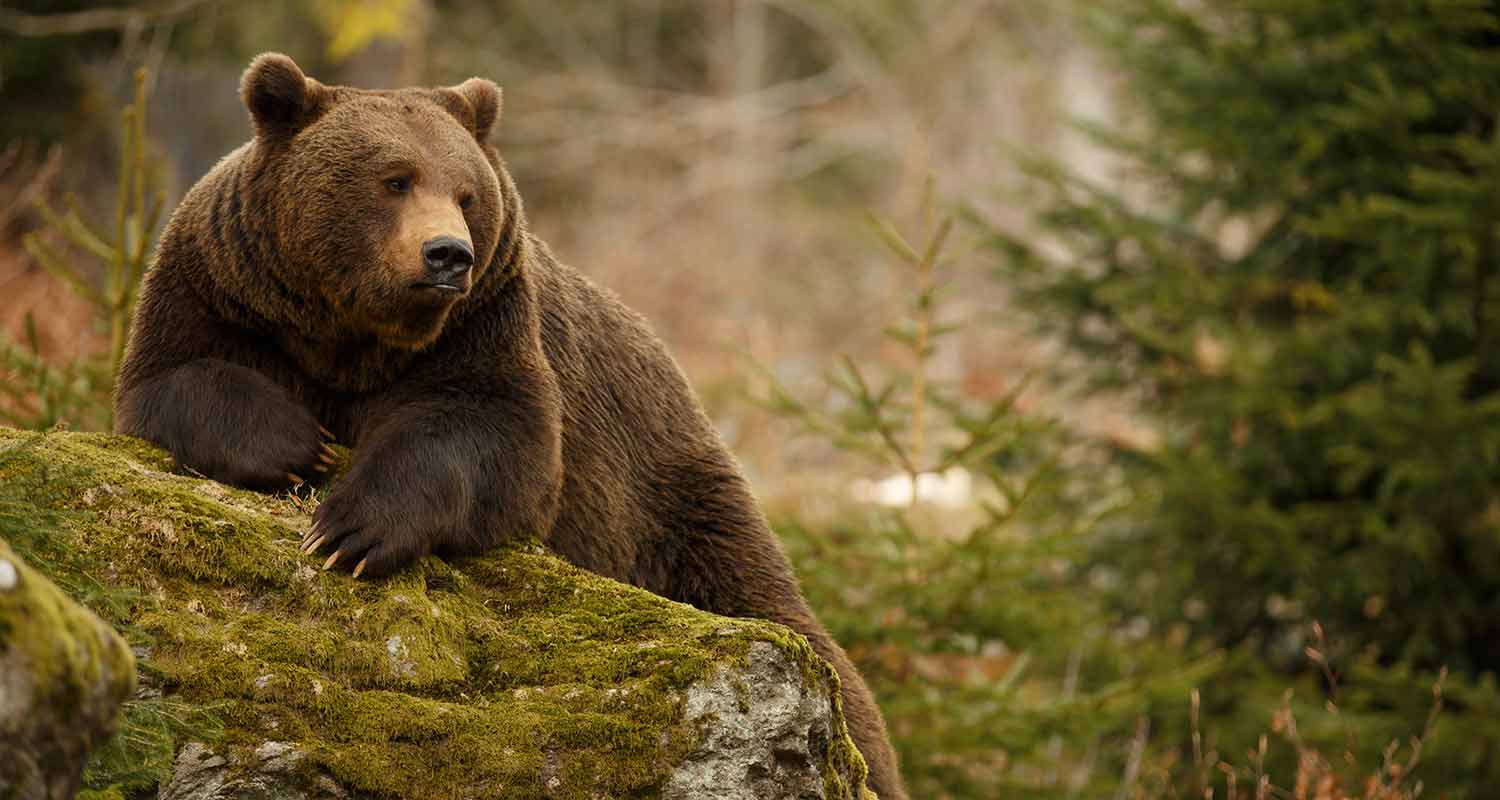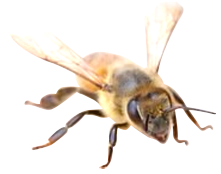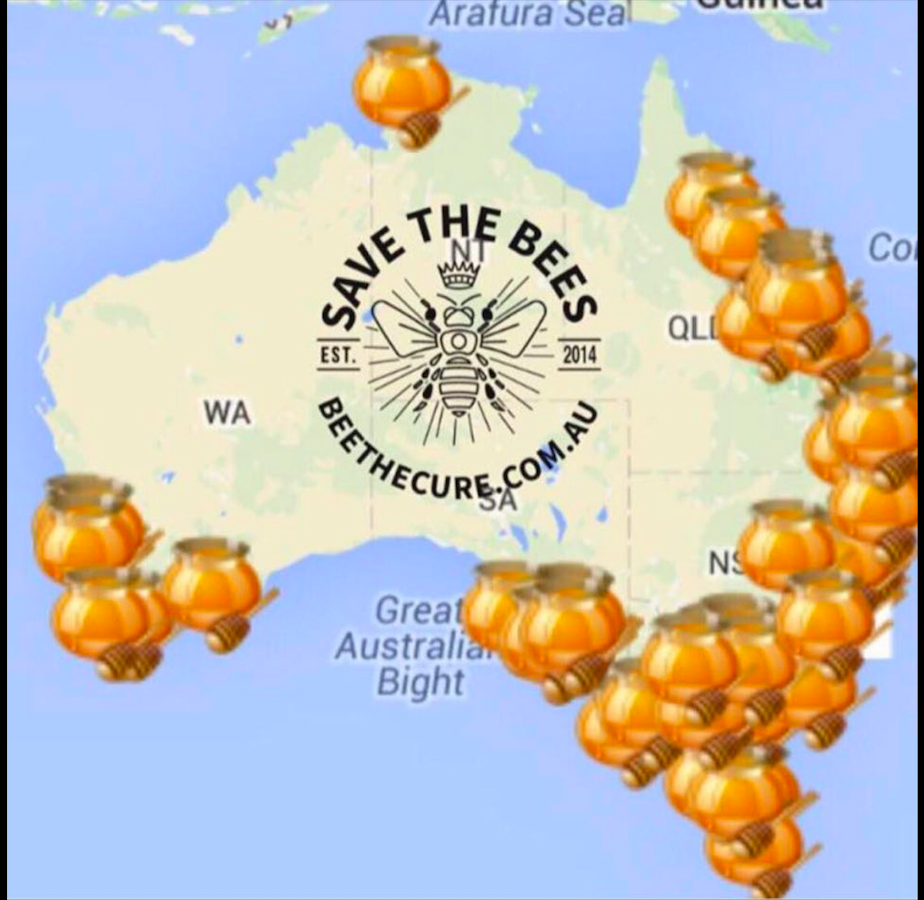Our Story
We all share a common issue: no bees = no life. Save the Bees Australia aims to empower others to create change in their world. Bees and humanity face a major challenge from insecticides, herbicides, industrial-scale monoculture food farming and habitat fragmentation. Together we can tackle these issues and Save the Bees.
What we Do
Save the Bees Australia’s aim is to unite like-minded people and raise awareness of the importance of bees and the plight that bees face. We are passionate advocates and educators who work with the community to change policy and personal action to support bee populations. Save the Bees Australia evolved from saving and rehousing problematic bee infestations to a social enterprise advocating for organic farming, nutrition, pollution, environment, education, wisdom, permaculture and love.
How you can Help
Donate
Your support allows us to keep Save the Bees Australia generating change. Please call us if you have any questions about your contribution. How do donations help?
Sign the Petition
Sign our petition to have imported honey labeled with country of origin. Help prevent corporations from confusing consumers by not adding country of origin on their imported honey products.
Personal Action
Learn how you can create a bee-friendly home and support bee-friendly practices.
Report a bee swarm
Do you have a swarm of bees that are bothering you? Swarm Patrol puts you in contact with beekeepers who will house and relocate the colony.
Bees are at their most vulnerable and friendly when they swarm. Every bee in the hive knows the status of the hive’s health, production, and coherence. When the hive has ample honey and favourable weather conditions the colony will split to reproduce. Swarming involves the oldest and wisest bees leaving their established location to scout out a new location.
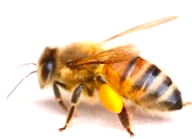
Would you like to donate to Bee the Cure?
Your support would mean a lot to us, If you have any questions please called us 0400 882 146
4 days ago
4 days ago
6 days ago
7 days ago
7 days ago



